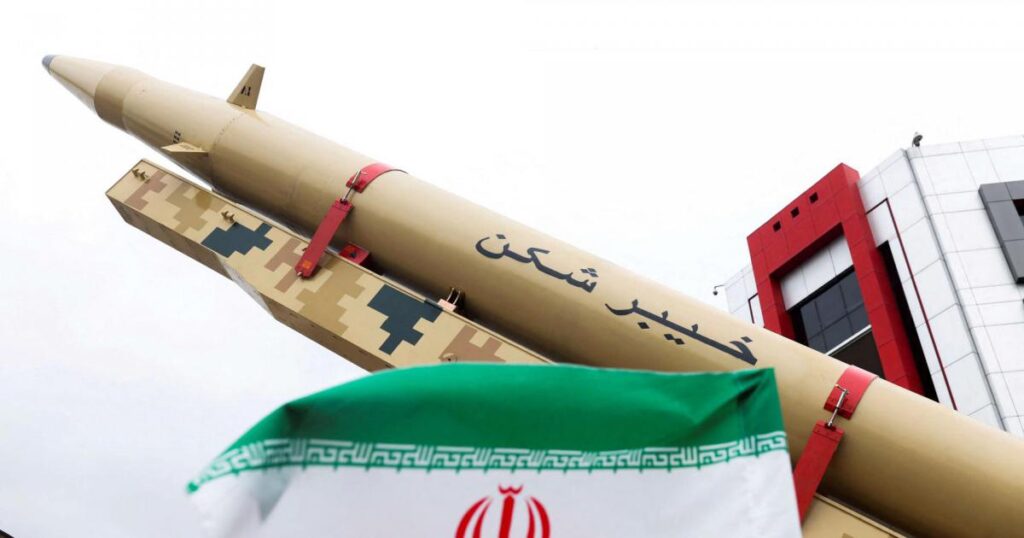WASHINGTON – The United States questioned Iranian allegations regarding the development of sound missiles (five times faster than sound) with fears of the regime’s intentions in a state of confusion due to the continued protests.
A Pentagon spokeswoman (Pentagon) said on Thursday that the United States is questioning the validity of reports indicating Iran’s success in the process of developing these missiles.
The semi -official Tasnim news agency last week quoted the commander of the Iranian Revolutionary Guards, as saying that Iran was able to make a “sound excessive” ballistic missile.
“We have seen reports confirming from Iran, and we are still questioning these reports,” Pentagon spokeswoman Socina Singh said at a press conference.
These missiles can fly at least five times faster than sound speed and in a complex path, making it difficult to intercept.
The Pentagon’s position confirms what many military analysts went to that the regime in Iran seeks through the constant declaration of progress in the military field and in various military industries to review its strength and to cover up the state of internal weakness with the continued peaceful protests.
Iran is aimed at behind the policy of exaggerating military capabilities, which is part of the psychological warfare, giving confidence to its militias in the region, as well as sending horror messages and threats to a number of regional powers, led by Saudi Arabia.
In the past years, Iran has handed over a number of ballistic missiles that were used in addition to the drones to threaten Saudi security, while Tehran always adheres to the negation of its involvement in the armament process.
On the other hand, many international and regional powers demand to confront Iran’s efforts to develop their ballistic missiles and arm the militias in the region, as concerns about Iranian ballistic missiles contributed to an American decision in 2018 during the rule of former President Donald Trump to withdraw from the nuclear agreement concluded by Tehran with global forces in 2015.
Tehran said last week that it had tested the 100th missile, which is the first Iranian vehicle to be launched in three stages, and will be able to place 80 kilograms of satellites in orbit, 500 km from the surface of the earth.
The United States described such moves as “destabilizing”, as it sees that the spaces that are launched in space can be used to transport a nuclear warhead, while Iran denies that it is seeking to develop a nuclear weapon.
The Iranian armament capabilities represented a source of concern in the world, as reports confirmed that Iran handed over Russia aircraft used in the process of invading Ukraine, where the European Union decided to impose sanctions on Iranian personalities..

